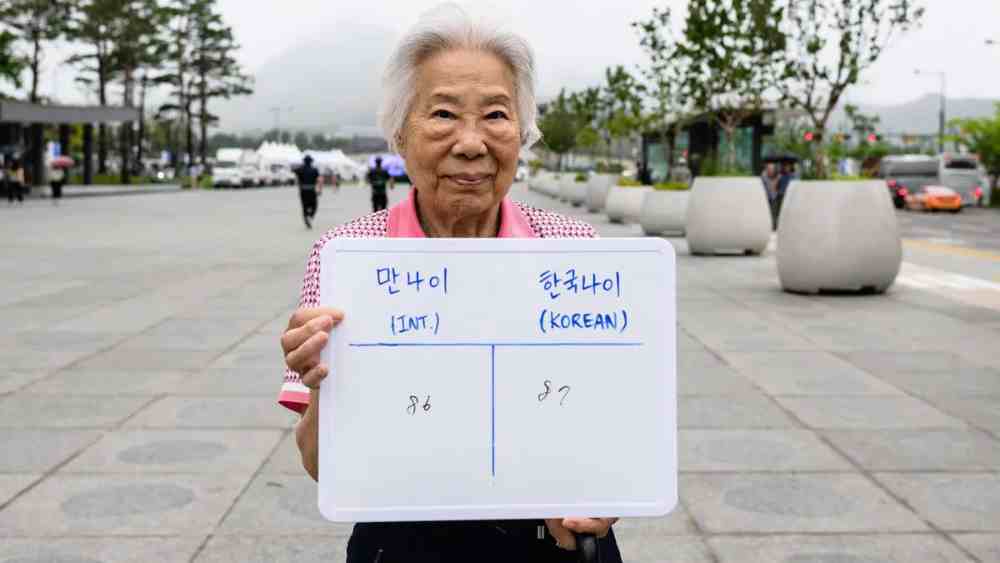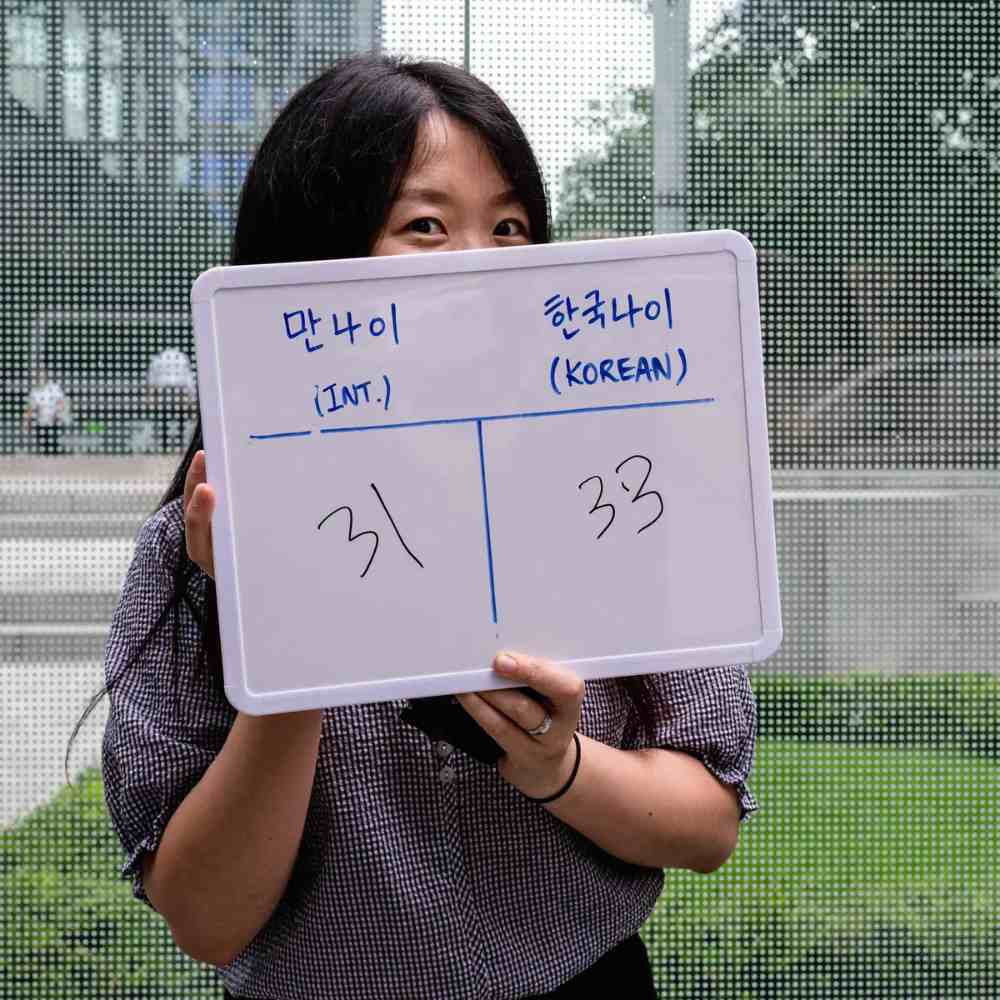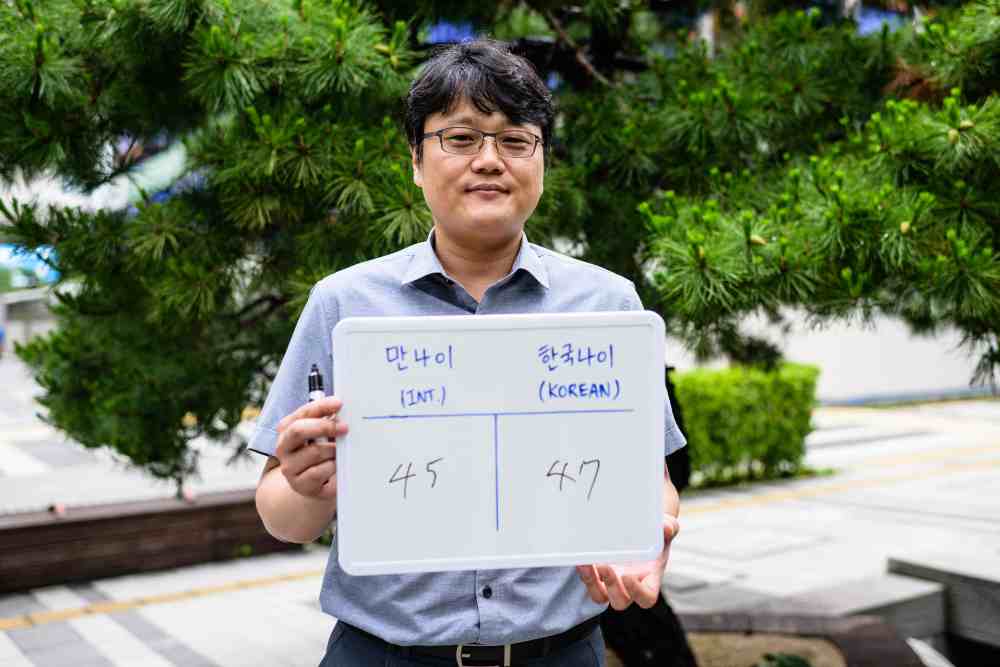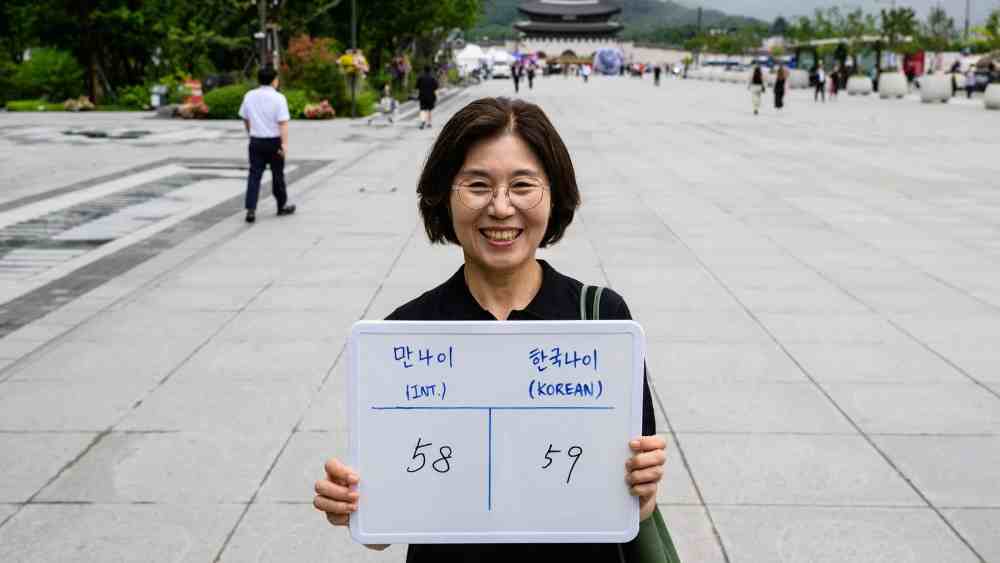South Korea has bid farewell to its traditional age calculation system, instantly making all its citizens a year or two younger. The country has embraced the internationally accepted method of age calculation, replacing the outdated practice that added a year to a person’s age on every New Year’s Day. This significant change aims to align South Korea with global standards and eliminate confusion caused by the previous system.
A Shift Towards Global Norms:
Under the revised regulations implemented on Wednesday, South Korea will adopt the same age calculation method as the rest of the world in most administrative and civil matters. The country’s national assembly, recognizing the need to address social confusion and its associated repercussions, approved the change in December. This shift will ensure consistency across official documents, contracts, and other administrative processes.
Overcoming Criticism and Modernising:
The previous age calculation system had faced criticism in recent years for causing confusion and portraying South Korea as out of touch with the international community. Politicians and citizens argued that the traditional method created discrepancies and hindered the country’s reputation as a global technological and cultural powerhouse. A poll conducted last year revealed that more than 70% of respondents supported the change, highlighting a widespread desire for modernization.
Positive Impact and Public Reception:
The revised age calculation system is expected to significantly reduce legal disputes, complaints, and social confusion that arose from differing age calculations. South Koreans are embracing the change, recognizing the benefits it brings. Many individuals are thrilled to find themselves younger under the new system, providing a sense of joy and optimism. While some informal settings may still use the traditional method, a Government survey indicated that 86% of South Koreans intend to adopt the international age calculation in their everyday lives.




Navigating Exceptions and Ensuring Continuity:
While the majority of administrative and civil matters will adhere to the international age calculation, certain areas such as the legal purchasing age for cigarettes and alcohol, educational milestones, and national service requirements will continue to operate under a separate system. This third method, where a person’s age starts from zero at birth and increments on New Year’s Day, will remain in place for now due to ease of management on an annual basis.
Unravelling the Origins:
The origins of the traditional age-counting method in South Korea remain uncertain. One theory suggests that counting a person as one-year-old at birth accounts for the time spent in the womb, rounding up nine months to twelve. Another hypothesis links the tradition to an ancient Asian numerical system that lacked the concept of zero. Regardless of its roots, South Korea has taken a significant step forward in embracing global age calculation norms.
South Korea’s transition to the internationally accepted age calculation system marks a significant milestone in aligning with global standards. By discarding the traditional method and addressing social confusion, the country aims to enhance clarity and streamline administrative processes. With widespread support and an enthusiastic public response, South Koreans are embracing the change, appreciating the opportunity to feel younger and bridging the gap between their age and international standards.
